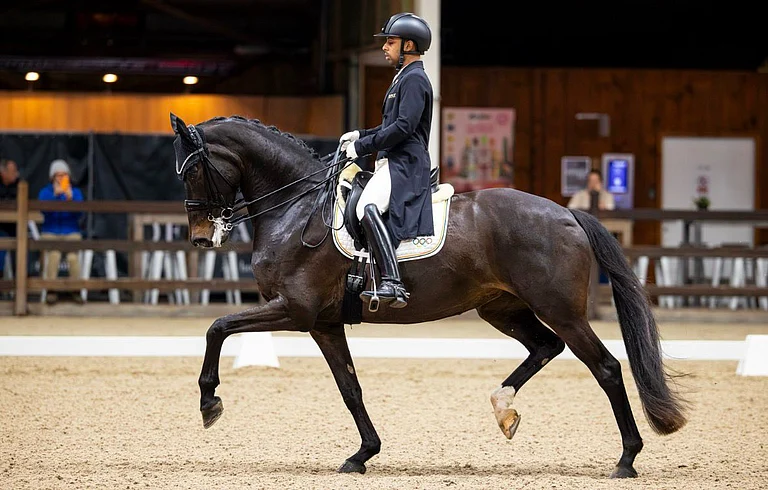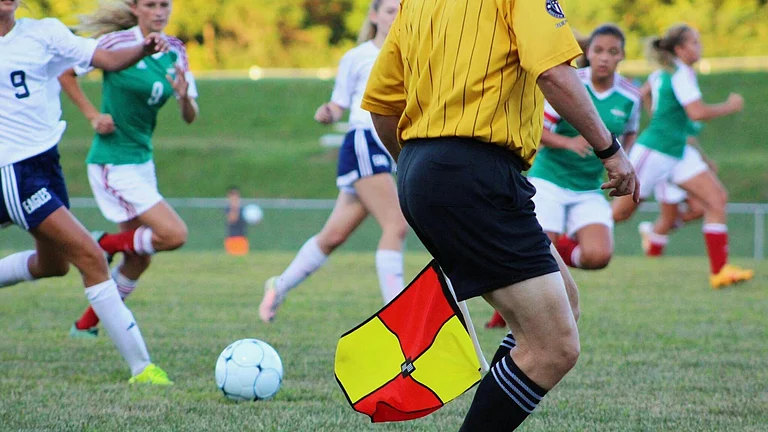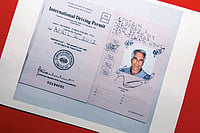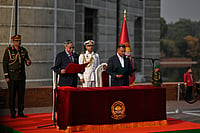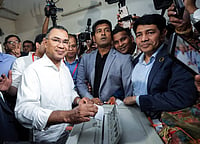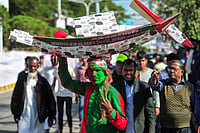The Bharatiya Janata Party (BJP) returned to power for a second straight term in Tripura on Thursday despite the new rising force TIPRA Motha and a last-minute Left-Congress seat adjustment throwing up a challenge ahead of the election.
In the end, the TIPRA Motha did rise at the cost of the BJP’s alliance partner Indigenous People’s Front of Tripura (IPFT), but the BJP made its way back to the corridors of power by securing the majority mark on its own. The Motha’s rise cost the BJP several seats in the hilly areas but in about 10 seats in the plains the votes the Motha pulled spoiled the chances of the Left-Congress candidates.
The BJP-IPFT alliance has finally bagged 33 seats, with the majority mark in the 60-seat assembly being 31. The tally is lower than their 2018 tally when the BJP-IPFT alliance had bagged 44 seats — the BJP had won 36 and its partner eight. This time, the IPFT managed to win only one seat, while the BJP got 32. The BJP leaders, however, are confident that the numbers are enough to provide the government with stability.
In another significant development, TIPRA Motha, the royal family scion Pradyot Manikya-led tribal-oriented party launched in 2021, has emerged as the largest Opposition party with 13 seats.
The Left, which won 16 seats in 2018, won only 11 seats this time, while its ally Congress won three. The grand old party had drawn a blank in 2018 as the majority of the party’s leadership had switched over to the BJP, helping the saffron party emerge as the Left’s principal rival. Though the Congress appeared to have been revived in the run-up to the elections as a number of BJP MLAs joined it, the party could not gain much in terms of electoral success.
“We won because of the good work of the past five years. Tripura has never before seen the number of houses that have been built under government schemes in the last five years. This is only one of the many benefits the state’s people got from ‘double engine government’,” said Ratan Lal Nath, the incumbent education minister, who won for the eighth consecutive time from his seat, while referring to having the same party-led government both in state and at the Centre.
He added, “Besides, the people not want the Left back in power and Congress was nowhere in the scene in any case.”
While Deputy Chief Minister Jishu Deb Barma and the BJP’s state unit president Rajib Bhattacharya lost the election, Union minister Pratima Bhoumik’s entry to state assembly has given rise to speculations whether she might be the party’s chief ministerial choice. She is currently the Minister of State for Social Justice and Empowerment and is likely to resign from Lok Sabha.
Incumbent Chief Minister Manik Saha won by a margin of 1,257 votes in a straight fight with the Left-backed Congress candidate. He attributed the “resounding victory” to Prime Minister Narendra Modi and Union Home Minister Amit Shah’s “relentless contributions”.
“I will agree to any decision that the party takes,” Saha told journalists after being asked if he is going to continue as the chief minister.
Attributing the victory to ‘Modi ji’s masterstroke’ of changing the chief minister — replacing Biplab Deb with Manik Saha in May 2022, a senior BJP leader, who did not want to be named, told Outlook, “We were facing strong anti-incumbency because of Deb’s mishandling of different situations. Saha was new to politics and had a clean image and has not done anything since taking charge that can damage his or the government’s image.”
There is another section of BJP leaders Tripura who think the BJP top leadership may give Saha another chance and offer Bhoumik the post of Deputy Chief Minister.
Division of votes benefitted BJP, hurt Left-Congress
This election brought losses to the Left —which ruled the state during 1993-2018— not only in the number of seats but also in terms of vote share.
Here is how they lost their support in the tribal-dominated areas, which at one point of time used to be their bastions: In 2013, the Left got all of 20 ST reserved seats; in 2018, the BJP-IPFT alliance won 18 and the Left won only two; and this time, as most such seats witnessed a three-corner contest, the Left has drawn a blank. The Motha won 13 and the BJP-IPFT alliance won seven.
While most of the seats in the hilly areas saw intense three-corner contest between the BJP, the Left, and the Motha with all parties getting 25-35 per cent vote share, the Motha’s foray into the plains bled mostly the Left-Congress alliance, with division of Opposition votes coming to the BJP’s rescue. They did not win any seat in the plains but spoiled the Left-Congress’ chances on several seats.
Take the case of Bhoumik. She won from Dhanpur, which was the seat of former five-time Chief Minister Manik Sarkar, with a margin of 3,500 votes. Sarkar did not contest this time and the 8,671 votes that TIPRA Motha got here helped the BJP take the seat away from the CPI(M). In Bishalgarh, the BJP’s incumbent information and culture minister Sushanta Deb won by a margin of 1,326 votes, while the Motha and the TMC got 1,606 and 599 votes respectively.
The CPI(M) lost Chandipur to the BJP by only 577 votes. Here Motha got 5,379 votes. In Pabiachara, the BJP secured a 408-vote victory over the Congress. Here the Motha got 4,331 votes. In the rural constituency of Mohanpur, the BJP’s Ratan Lal Nath clinched his victory by a big margin of 7,385 votes over TIPRA Motha. Here the Opposition vote got almost equally divided between the Congress and the Motha and their combined vote was 3,203 more than the BJP’s. Similar has been the case of constituencies of Teliamura, Pecharthal, and Panisagar.
In Ramnagar constituency in Agartala city, the BJP’s winning margin over Left-Congress-backed independent candidate Purushottam Roy Barman —human rights activist— was 897 votes. Here the Trinamool Congress’ state unit president Pijush Kanti Biswas’s son, Pujan Biswas, got 2,079 votes.
“It now appears that in several seats in the plains, the Opposition voters found it difficult to decide who is the BJP’s strongest opponent. Motha’s entry in the plains helped the BJP make up its deficits in the hills,” said a Tripura University professor, unwilling to be named.







